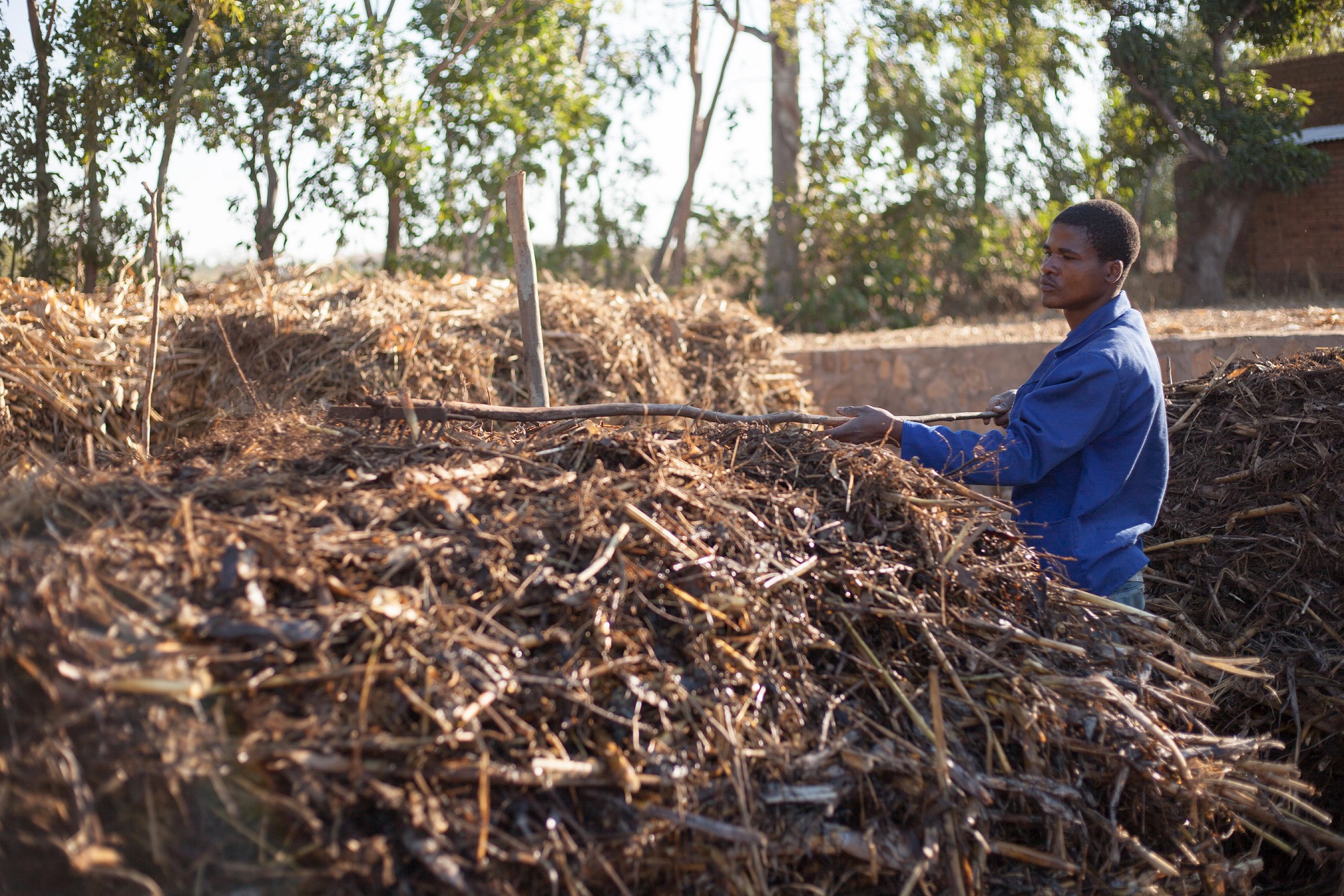Lillie Organic Compost

Lilllie Organic Compost collects local waste to produce affordable organic compost for smallholder farmers, household gardens, estates and plantations. The organic compost helps improve yield and production of organic foods while reducing methane emissions. Farmers are also able to reduce their use of artificial or chemical fertilizers and use of harmful pesticides.
Once produced, the compost is packaged and sold for household use and to commercial agriculture, horticulture and fish farmers.
- Promoting organic farming and raising awareness of recycling to change community choices and actions.
- Offering employment to locals, contributing to poverty reduction.
- Engaging individuals involved in distribution and recycling, especially youth and women.
- Establishing an ecological balance to prevent loss of soil fertility.
- Improving soil formation and structure thereby creating more stable soil systems which helps to conserve water.
- Mitigating global warming through organic fertiliser’s ability to sequester carbon in the soil.
- Providing a cheaper alternative to non-organic fertilisers, creating more savings for farmers.
- Contributing to overall cost reduction of agriculture inputs, e.g. through the Affordable Inputs Programme (AIP) of government subsidies.
- Raising productivity and carbon storage


Partners
Waste Advisors Malawi supports Lillie Organic Compost in monitoring the quality of compost produced, promote the business through its network and connecting it to potential customers.
Blantyre City Council provides access to landfill for waste collection to produce organic compost. Additionally, they also help to deliver collected waste to the enterprise’s facilities. Provide diligent support to facilitate activities of enterprise
Zomba City Council involves the enterprise in their technical committee for sustainable environments. Provides access to landfill for waste collection to produce organic compost and provides enabling environment for the enterprise to thrive.

